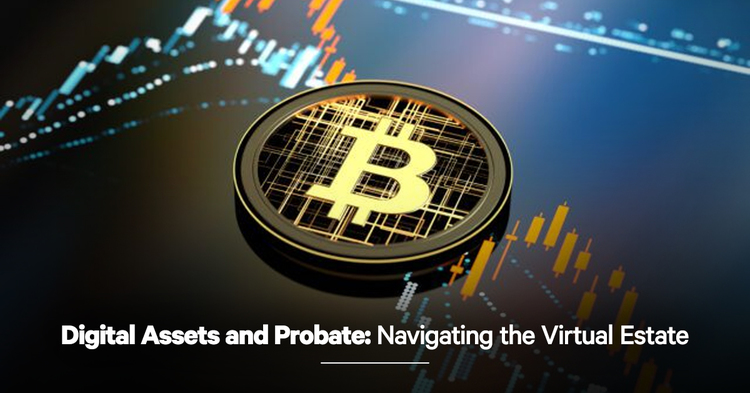Digital Assets and Probate: Navigating the Virtual Estate
In today's digital age, the concept of an estate has evolved far beyond tangible assets like property and personal belongings. With the rise of digital assets, navigating the virtual aspect of a deceased person’s estate has become a crucial part of the probate process. This article delves into the intricacies of managing digital assets and probate, providing insights and guidance for those facing the challenge of handling a digital estate.
What is a Virtual Estate?
In the context of probate, a "virtual estate" refers to the collection of digital assets owned by an individual when they die. A virtual estate can include a wide variety of digital possessions such as online bank accounts, social media profiles, email accounts, digital currencies like Bitcoin, online investment portfolios, digital rights to creative works, and even virtual properties in online games or communities.
Managing a virtual estate in probate involves identifying these digital assets, gaining access to them (often challenging due to privacy policies and encryption), valuing them correctly, and ultimately ensuring they are distributed according to the deceased's wishes. As these assets can have financial and sentimental value, they form an essential part of modern estate planning and probate processes. Executors and beneficiaries must navigate this complex digital landscape, often requiring specialised legal and technical knowledge to manage these assets effectively after the owner's death.
Understanding Digital Assets
As we’ve covered, digital assets encompass a range of virtual possessions, including online bank accounts, social media profiles, digital currencies, and online businesses. Managing digital assets and probate is a relatively new but rapidly evolving area of law.
The Importance of Digital Assets in Probate
When a person passes away, their estate goes through a legal process known as probate. This process involves gathering the deceased’s assets, paying off debts, and distributing the remaining assets to the beneficiaries. In the context of digital assets and probate, the challenge lies in identifying, accessing, and managing these virtual assets, which can be further complicated by the lack of physical presence and often stringent privacy policies of digital platforms.
Legal Framework for Digital Assets
The legal framework for managing digital assets during probate in the UK is still developing. Unlike physical assets, digital assets often come with complex terms of service agreements that can make them harder to access and transfer. Executors and beneficiaries must navigate these agreements while adhering to the legal guidelines regarding digital assets and probate.
Read more about Digital Assets and Probate




Comments
Post a Comment